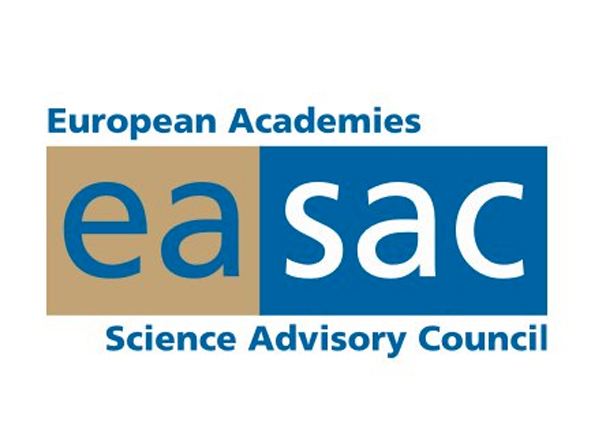This EASAC report reviews options for reducing greenhouse gas (GHG) emissions from European transport. It argues for stronger policies to bridge the gap between the GHG emission reductions that will be delivered by current policies and the levels needed to limit global warming to less than 2°C or even 1.5°C (Paris Agreement). The report focusses on road transport because, in the EU, this contributes 72% of transport GHG emissions. EASAC recommends a combination of transitional measures for the next 10-15 years and sustainable measures for the long term, based on a three level policy framework: avoid and contain demand for transport services; shift passengers and freight to transport modes with lower emissions (trains, buses and ships); and improve performance through vehicle design, more efficient powertrains and replacing fossil fuels with sustainable energy carriers including low-carbon electricity, hydrogen and synthetic fuels. Opportunities for the EU to strengthen its industrial competitiveness and create high quality jobs are also discussed.
Download EASAC Policy Report 37
EASAC – the European Academies’ Science Advisory Council – is formed by the national science academies of the EU Member States, Norway and Switzerland to enable them to collaborate with each other in providing independent science advice to European policy-makers. It thus provides a means for the collective voice of European science to be heard. EASAC was founded in 2001 at the Royal Swedish Academy of Sciences.

